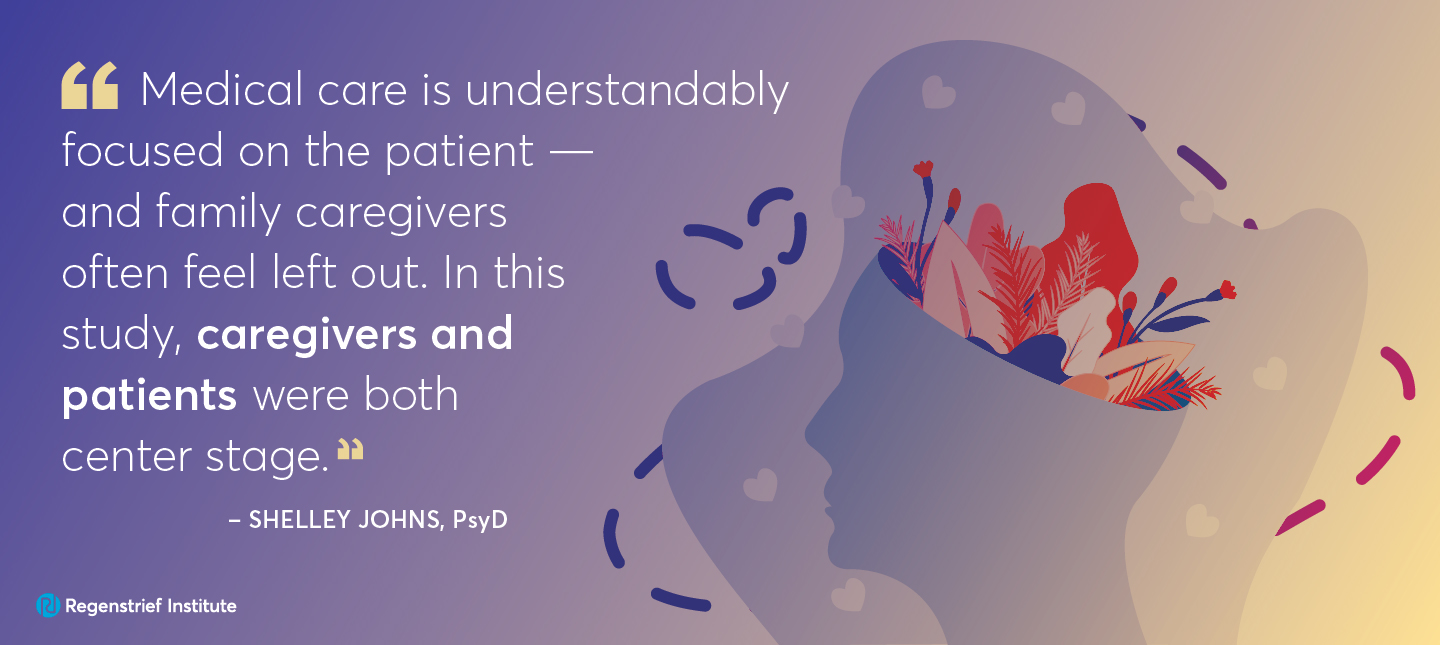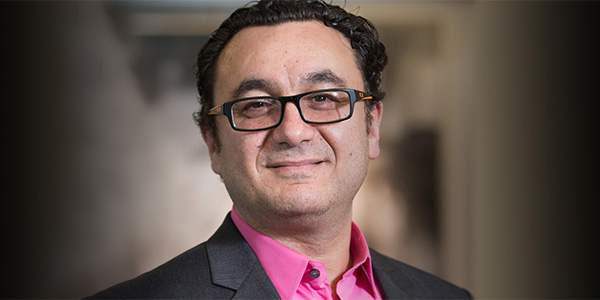
Care Delivery
The delivery of healthcare is something that Sam Regenstrief was particularly interested in. An inefficient healthcare experience is what led him and his wife Myrtie to found the institute.
Now its research scientists are exploring many avenues to improve care delivery. That includes decision support, symptom management, health communications and precision medicine. Regenstrief faculty are also experts in implementation science and quality measurement, analyzing both the success of interventions designed to improve care delivery and patient outcomes as well as success of the methods by which the intervention was implemented. Much of this work is conducted in partnership with the U.S. Department of Veterans Affairs, giving Regenstrief research scientists a national laboratory to conduct their research.
Many patients suffer from chronic symptoms such as pain, fatigue, insomnia or depression. Regenstrief has contributed to the development of scales and screeners to measure these symptoms, as well as interventions to manage them and improve the lives of those with long or short-term illnesses.
Regenstrief research also seeks to understand the dynamic of patient-provider relationships and the impact of technology, as well as the role of communication in patient outcomes. Handoffs and provider communication are another area of interest.
Implementation research is a relatively new field which examines research itself and how to meaningfully integrate it into practice. Regenstrief investigators and their teams devote their time and talent to understand and remove barriers to getting evidence-based research discoveries into healthcare settings. Regenstrief teams also use data to gain insights into the performance of healthcare systems, plans and interventions. Being able to evaluate care across different settings is the first step in being able to improve healthcare by identifying what works and what doesn’t.
Precision medicine combines prevention and treatment strategies, taking individual patient variables into account. This revolutionary approach to care has the potential to greatly enrich the amount of data available on a single patient and to leverage this data to improve quality of care and patient outcomes.
Projects
Related News & Stories
Is the Multitarget Stool DNA Test Just a Better “FIT” for Colorectal Cancer Screening?
Published in the journal JAMA Internal Medicine. Here is a link to the article. Regenstrief Institute authors: Tom Imperiale, M.D. Abstract Both the fecal immunochemical test...
Caring for the emotional and spiritual needs of family members of ICU patients
INDIANAPOLIS – Family members of intensive care unit (ICU) patients often experience psychological and spiritual distress as they deal with serious illness and potential death. A...
CMS launches new mandatory kidney transplant payment model
Regenstrief Institute research cited in new federal rule A new final rule issued by the Centers for Medicare and Medicaid Services and the U.S. Department of...
Addressing barriers to advance care planning by adults with advanced cancers
INDIANAPOLIS – In one of the first studies to test the utility of mindfulness to support advance care planning by adult cancer patients and their family...
Prevalence of Unrecognized Cognitive Impairment in Federally Qualified Health Centers
Published in the journal JAMA Network Open. Here is a link to the article. Regenstrief Institute authors: Nicole Fowler, PhD, Malaz Boustani, M.D., MPH, Arthur Owora,...













